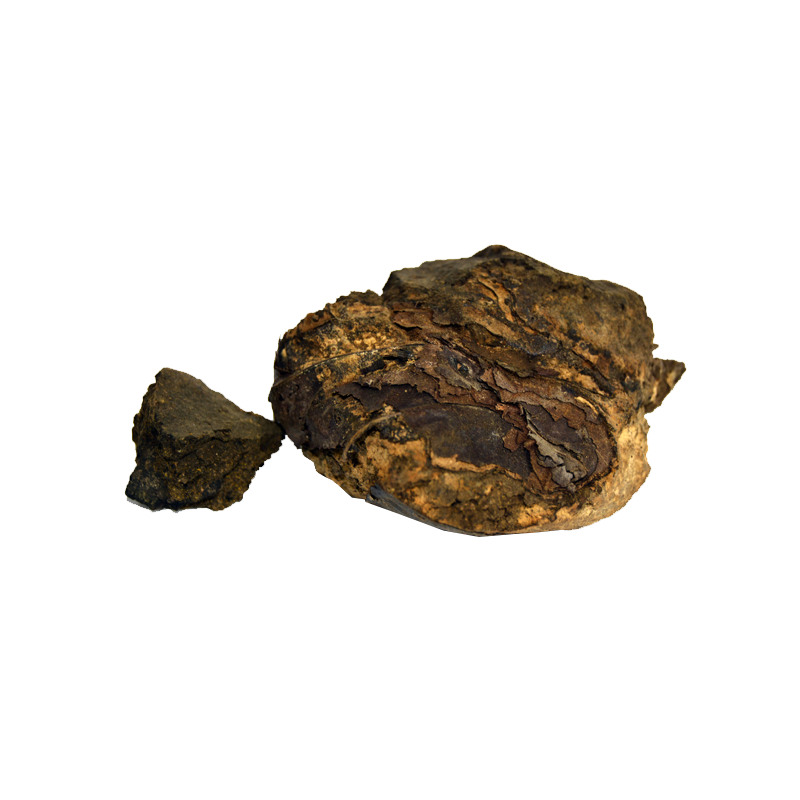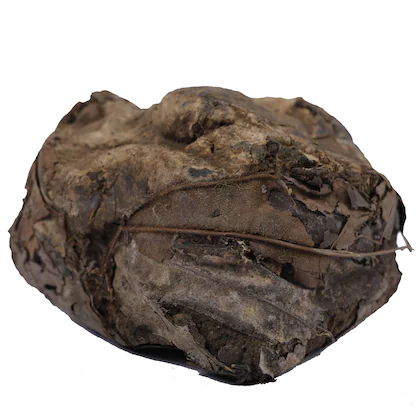INTRODUCTION:

Rasoot, also referred to as tree turmeric, Indian barberry, or ophthalmic barberry, is the common name for the plant Berberis aristata (sometimes also Berberis lycium).It’s a woody shrub native to the Himalayan region and widely used in traditional South Asian herbal medicine.
Hindi: रसौत (Rasaut) or दारुहरिद्रा (Daruharidra)
Urdu: رسوت (Rasoot)
Sanskrit: दारुहरिद्रा (Daruharidra)
Punjabi: ਰਸੂਤ (Rasoot) or ਦਰੂਹਲਦੀ (Daruhaldi)
Gujarati: દરૂહલદર (Daruhaldar)
Bengali: দারুহরিদ্রা (Daruharidra)
Marathi: दारुहरिद्रा (Daruharidra)
Tamil: மரமஞ்சள் (Maramanjal)
ENGLISH: TREE TURMERIC

HEALTH BENEFITS:
1. Liver Protection & Detoxification
- Acts as a liver tonic.
- Helps treat jaundice, hepatitis, and fatty liver.
- Supports natural bile flow and detoxification.
2. Skin Health
- Useful for treating eczema, acne, boils, and psoriasis.
- Speeds up wound healing and reduces skin inflammation.
- Applied topically as a paste or wash.
3. Digestive Health
- Treats diarrhea, dysentery, indigestion, and constipation.
- Acts as a natural bitter tonic (stimulates digestion).
- Effective against intestinal parasites.
4. Antimicrobial & Antibacterial
- Contains berberine, a powerful natural antibiotic.
- Fights infections of the gut, skin, and urinary tract.
- Useful against eye infections like conjunctivitis (trachoma).
5. Anti-Inflammatory
- Reduces internal and external inflammation.
- Helpful in arthritis, joint pain, and inflammatory bowel issues.
6. Eye Health
- Traditionally used as an eye wash for treating eye redness, itching, or infection.
- The dried root or powder is mixed in water, filtered, and used for washing.
7. Menstrual & Uterine Health
- Used to reduce heavy menstrual bleeding.
- Can help with uterine inflammation or infections (under Unani guidance).
8. Diabetes & Metabolism
- Berberine helps lower blood sugar levels naturally.
- May help improve insulin sensitivity and reduce bad cholesterol.
SIDE EFFECTS:

Pregnancy and Breastfeeding Risk
Stomach Upset
Low Blood Pressure or Blood Sugar
Dizziness
Drug Interactions
Allergic Reactions (Rare)
How to use:
1. Powder Form:
It can be used as a powder, either alone or in combination with other herbs, for various internal and external applications.
How to Use Rasoot (Traditional Methods):
2. For Skin or Wounds (Topical Use):
- Prepare decoction: Boil 1 tsp of Rasoot in 1 cup of water for 10–15 minutes.
- Let it cool, strain, and use as a wash or apply with cotton.
3. For Mouth Ulcers or Sore Throat:
- Gargle with a diluted decoction 2–3 times a day.
- Ensure it’s not too concentrated (it can be bitter and strong).
4. For Eye Infections:
- Caution: Use only under Ayurvedic doctor’s guidance.
- A very diluted version of the decoction is sometimes used as an eye wash.
5. Internal Use:
- Dose: Usually 250–500 mg of Rasoot powder or 5–10 ml of decoction per day.
- Take with honey or water.
Precautions:
Avoid during pregnancy, lactation, or in children without medical advice.Do not use concentrated decoction in the eyes unless under expert supervision.




